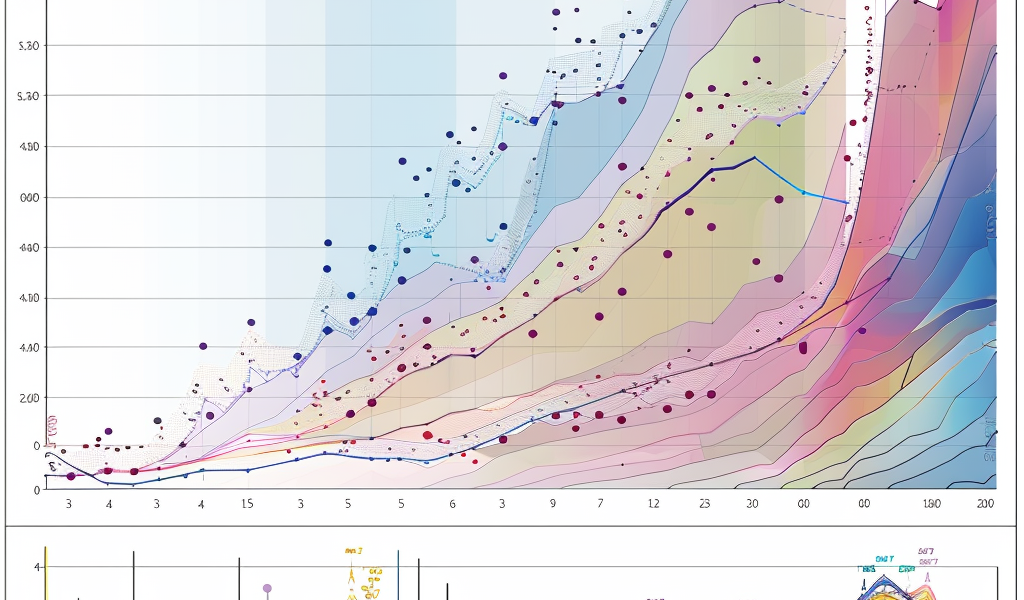Are claims linking recent U.S. trends in cancer diagnoses to COVID-19 vaccines plausible? A look at the available data
Claims questioning COVID-19 vaccine safety have circulated continuously since COVID-19 vaccination campaigns began at the end of 2020.
One such claim suggests that there has been an unprecedented rise in the number of cancer cases after the COVID-19 vaccine rollout, implying that the vaccines are responsible for this phenomenon. Science Feedback previously explained why this claim was unsubstantiated.
This claim occasionally relies on anecdotal evidence, such as accounts from health practitioners. However, anecdotal evidence alone isn’t enough to support a scientific hypothesis. Anecdotes can’t confirm whether there has been a nationwide increase in cancer cases.
A better approach would be to look at national cancer statistics gathered by public health agencies and research organizations. When doing so, readers may come across headlines that seem to support the claims, at least at first glance.
Indeed, the World Health Organization (WHO) expects a 77% increase in world cancer cases by 2050 and the American Cancer Society (ACS) estimates the number of new U.S. cancer cases to hit a record high of two million in 2024. Furthermore, news outlets have also reported an unexpected increase of cancer incidence among younger adults, although the cause of this phenomenon, which started before the COVID-19 pandemic, remains elusive.
However, simply because these predicted increases occurred after COVID-19 vaccines were rolled out doesn’t in itself prove that the vaccines were the cause. This article aims to provide insight on this matter and explain why there is no plausible link between COVID-19 vaccines and cancer.
What does the U.S. cancer forecast for 2024 say?
Each year, the American Cancer Society (ACS) provides a report on cancer burden in the U.S. This report uses cancer data from official nationwide databases to forecast the expected number of new cancer cases and deaths for the year to come.
The latest ACS report was published in January 2024. It predicted that new cancer cases would reach two million in 2024 for the first time[1]. This increase was attributed in part to “the aging and growth of the population and by a rise in diagnoses of 6 of the 10 most common cancers”.Although the ACS predicted a record high number of new cancer diagnoses in 2024, their analysis also found that cancer incidence has actually fallen over time, as seen in Figure 1 below. This difference can be explained by the fact that, unlike the raw number of cancer cases reported each year, the incidence accounts for changes in population size and age structure over time. Therefore, it is better suited for yearly comparisons.
Figure 1 – Trends in cancer incidence and mortality. The incidence is co





